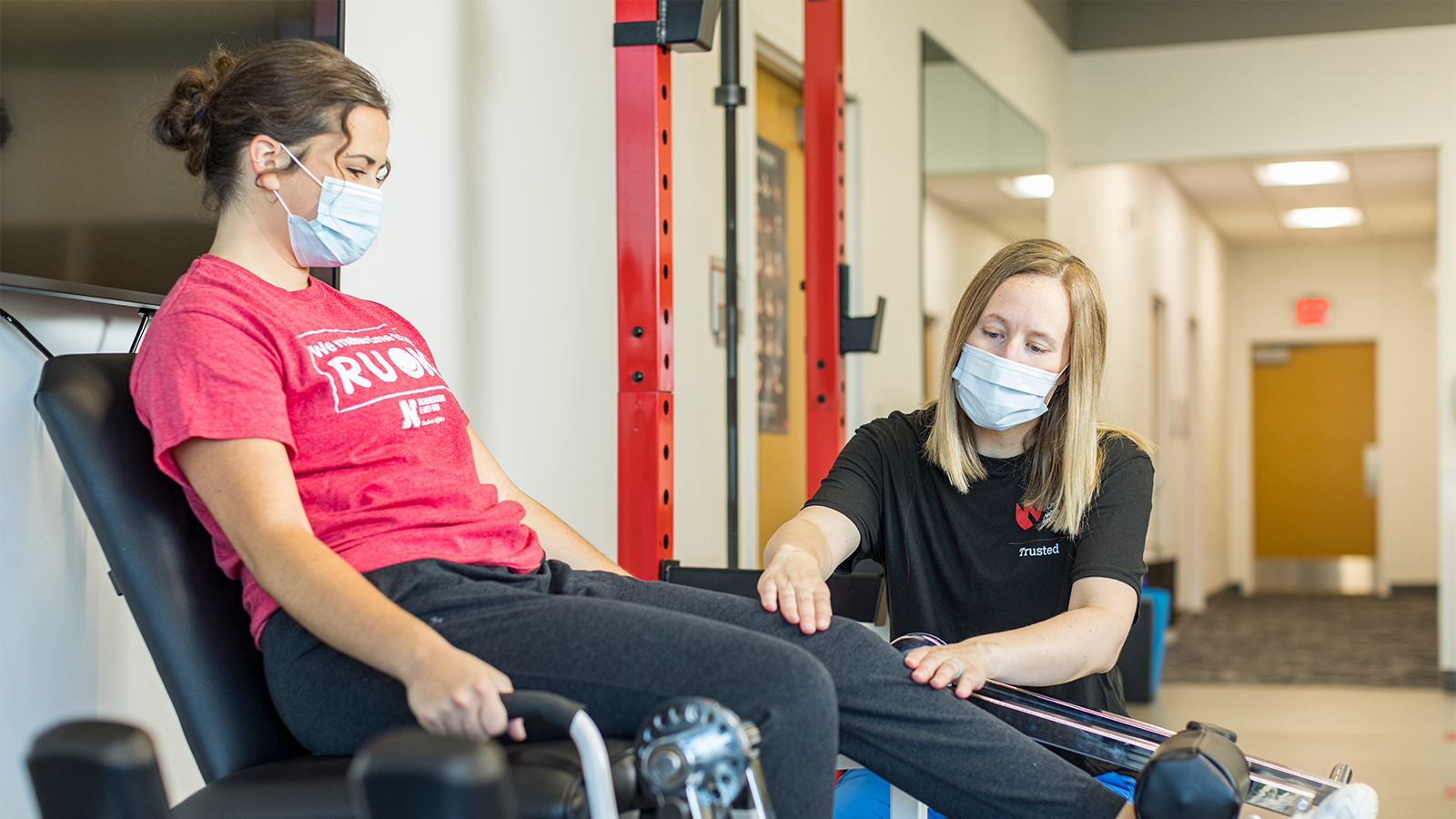Enhancing Performance and Minimizing Harm Threat through Thorough Evaluation of Balance and Steadiness via Practical Movement Screening.
Enhancing Performance and Minimizing Harm Threat through Thorough Evaluation of Balance and Steadiness via Practical Movement Screening.
Blog Article
Balance and stability are essential elements of bodily wellness and general well-being. They play a vital role in daily tasks, sports performance, and injury prevention. When an individual has good balance and stability, they are less likely to fall or sustain injuries during physical exercises. One efficient way to assess these attributes is through Functional Movement Assessment (FMS). FMS is a method used to analyze movement styles and recognize discrepancies or deficiencies that could result to injuries.
Functional Movement Screening involves a series of specific tests that examine how well a person moves. The tests focus on fundamental actions such as squat, lunge, and flexing. By watching these actions, trainers and healthcare professionals can determine areas where an individual may struggle. For instance, if someone has difficulty maintaining equilibrium while executing a squatting, it may suggest a need for specific exercises to improve strength and coordination. This assessment not only detects deficiencies but also helps to monitor advancement over a period.
In addition to this to recognizing areas for enhancement, FMS plays a vital role in preventing harm. Many damages occur as a consequence of poor movement mechanics, which can be identified through practical evaluations. By addressing these issues early on, individuals can lower their likelihood of harm during sports or other physical activities. For instance, a jogger who shows an imbalance in their gait may be more susceptible to leg harm. By correcting these imbalances through targeted exercise programs, the chance of injury can be significantly decreased.
Furthermore, enhancing performance is another advantage of performing a thorough Read More Here assessment of balance and steadiness. Sportspeople and engaged individuals often seek to enhance their capability in specific sports or exercises. A comprehensive understanding of their movement patterns allows trainers to create customized training regimens that focus on particular deficiencies. By improving equilibrium and steadiness, athletes can enhance their total capability, whether it’s running faster, leaping taller, or executing precise actions in their activity.
In conclusion, the importance of evaluating equilibrium and stability through Functional Motion Assessment cannot be overstated. This thorough evaluation serves as a foundation for improving bodily fitness, preventing harm, and enhancing athletic capability. By recognizing areas of weakness and putting into action specific training strategies, people can attain better outcomes vestibular therapy in their bodily exercises. Emphasizing equilibrium and steadiness not only leads to better performance but also adds to a healthier, more energetic lifestyle.